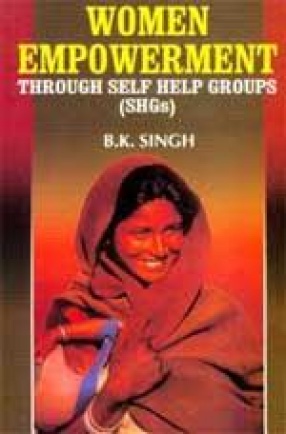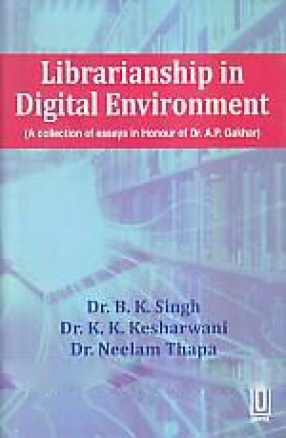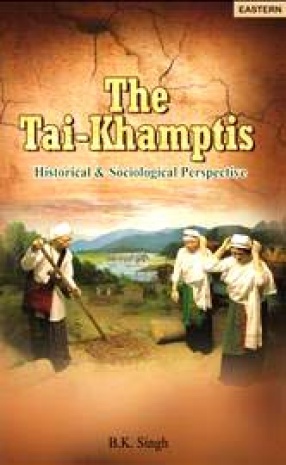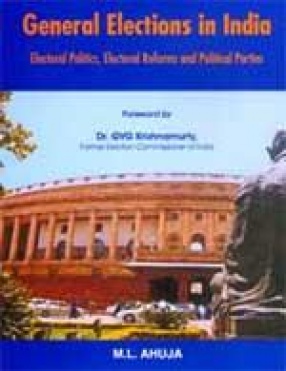Women will be involved and their perspectives reflected in the policies and programmes for environment, conservation and restoration. Considering the impact of environmental factors on their livelihoods, women’s participation will be ensured in the conservation of the environment and control of environmental degradation. The vast majority of rural women still depend on the locally available non-commercial sources of energy such as animal dung, crop waste and fuel wood. In order to ensure the efficient use of these energy resources in an environmental friendly manner, the policy will aim at promoting the programmes of non-conventional energy resources. Women will be involved in spreading the use of solar energy, biogas, smokeless chulahs and other rural application so as to have a visible impact of these measures in influencing eco system and in changing the life styles of rural women. In recognition of the diversity of women’s situations and in acknowledgement of the needs of specially disadvantaged groups, measures and programmes will be undertaken to provide them with special assistance. These groups include women in extreme poverty, destitute women, women in conflict situations, women affected by natural calamities, women in less developed regions, the disabled windows, elderly women, single women in difficult circumstances, women heading households, those displaced from employment, migrants, women who are victims of marital violence, deserted women and prostitutes etc.
Women Empowerment through Self Help Group
In stock
Free & Quick Delivery Worldwide
reviews
Bibliographic information
Title
Women Empowerment through Self Help Group
Author
Edition
1st ed.
Publisher
ISBN
8189161717
Length
x+396p., Tables; References; Index; 23cm.
Subjects








There are no reviews yet.